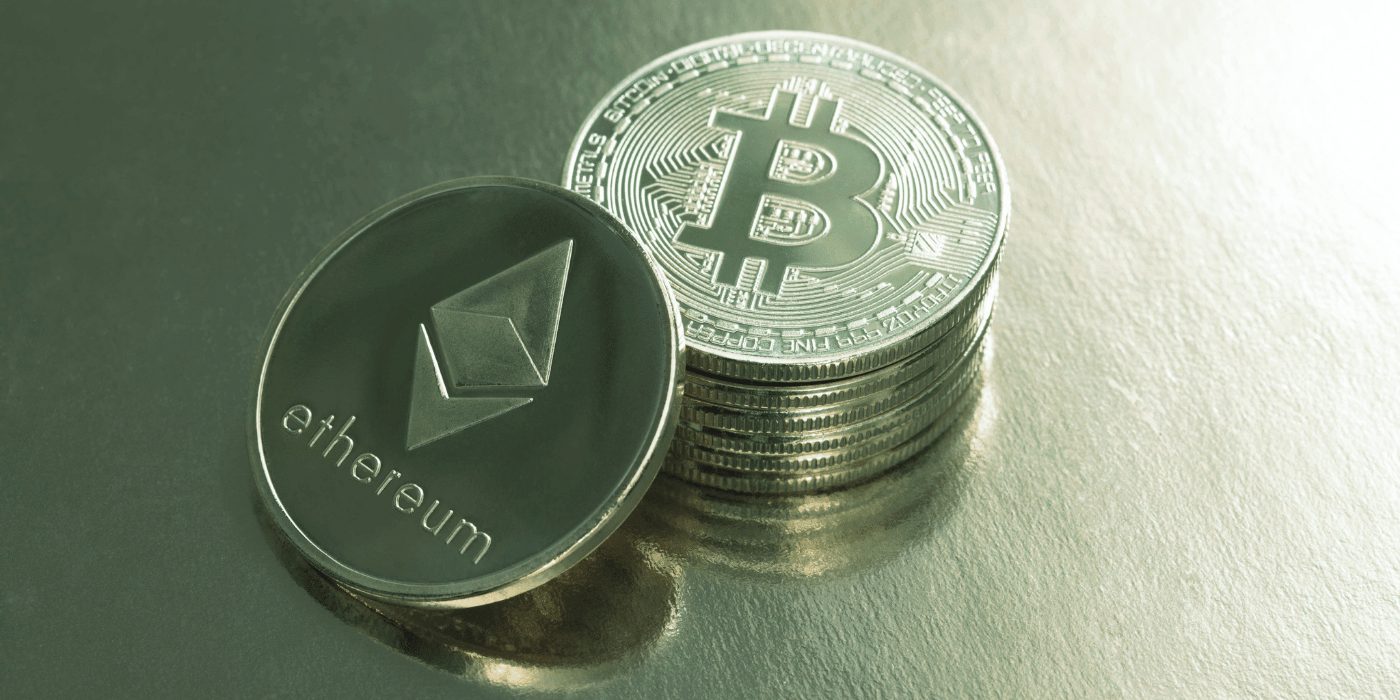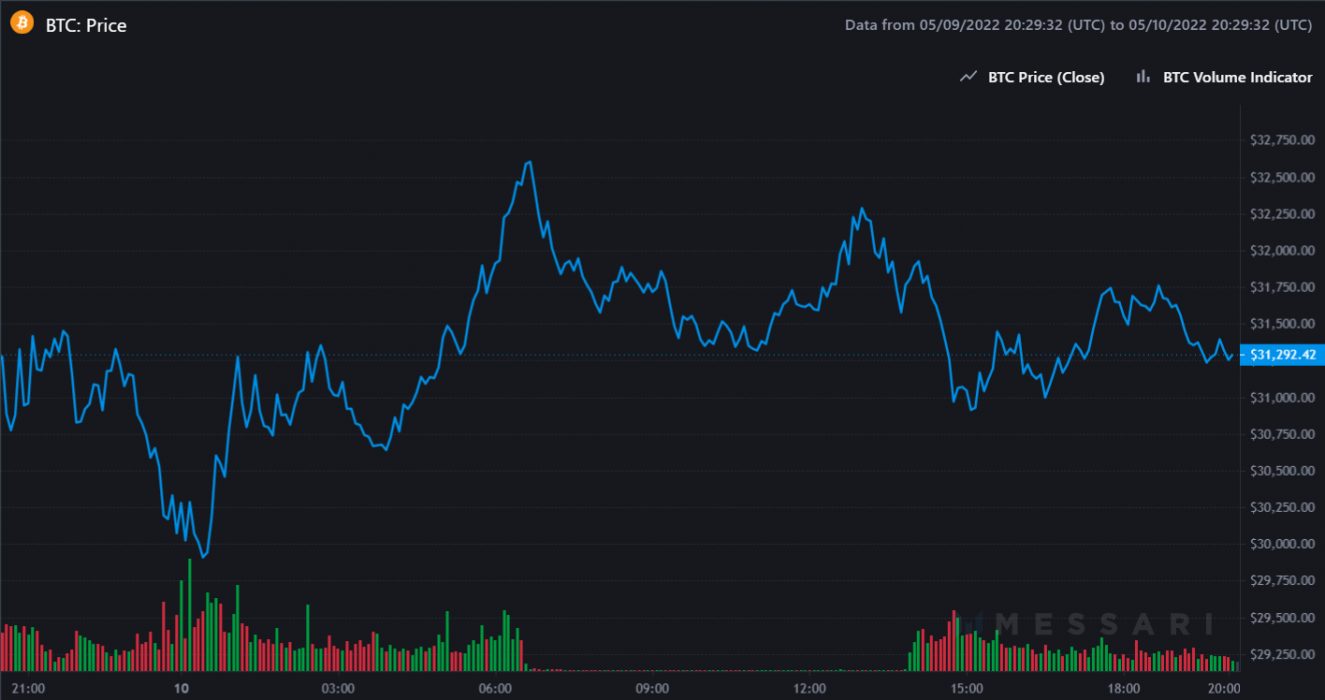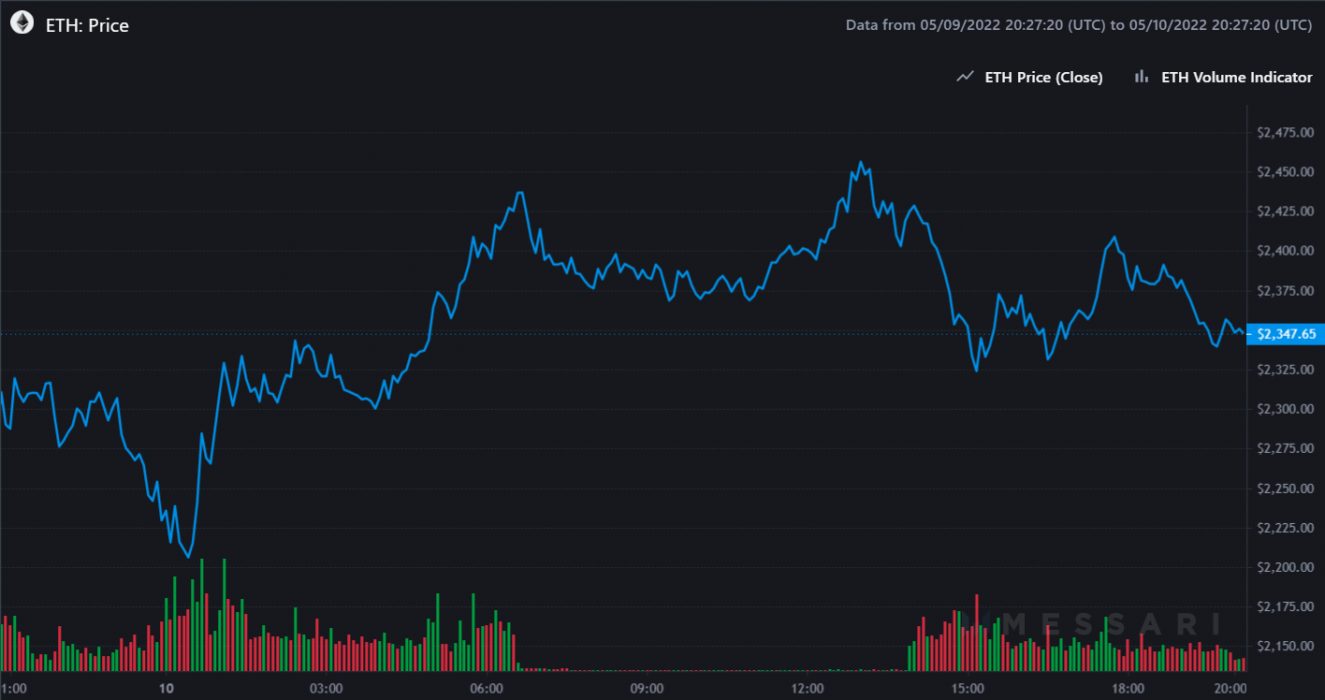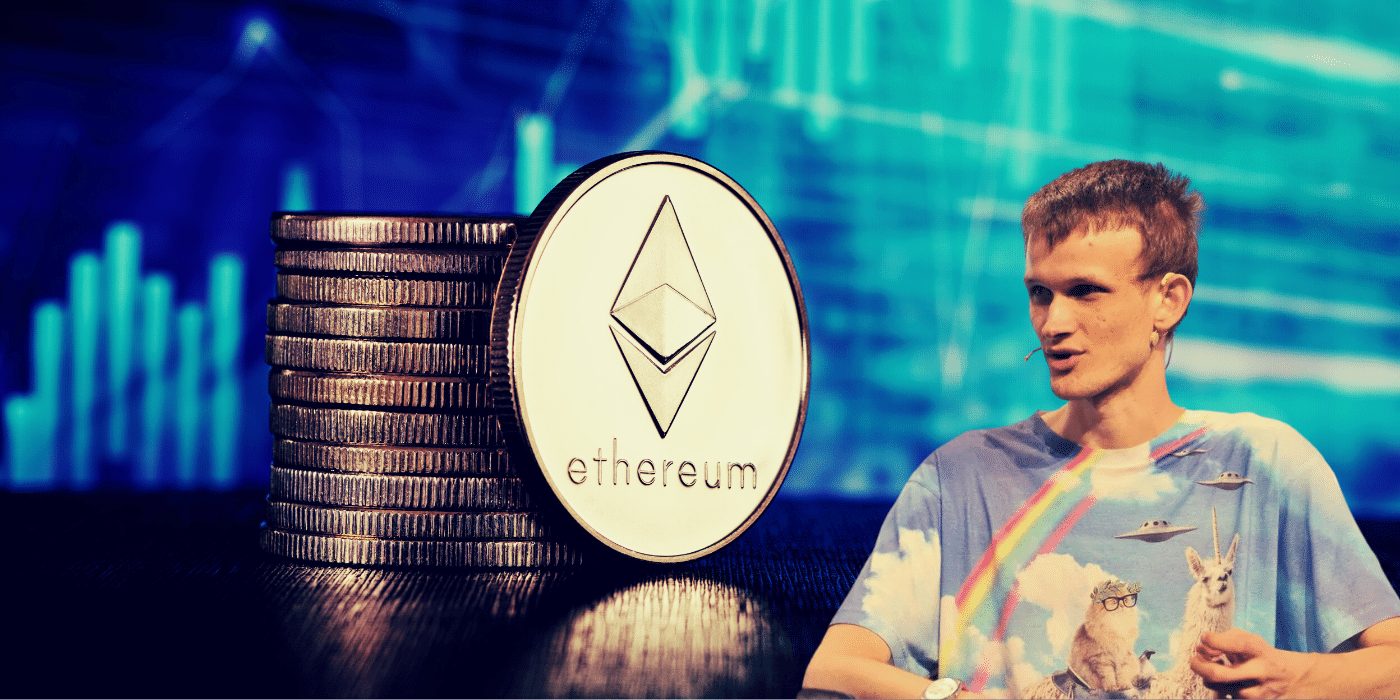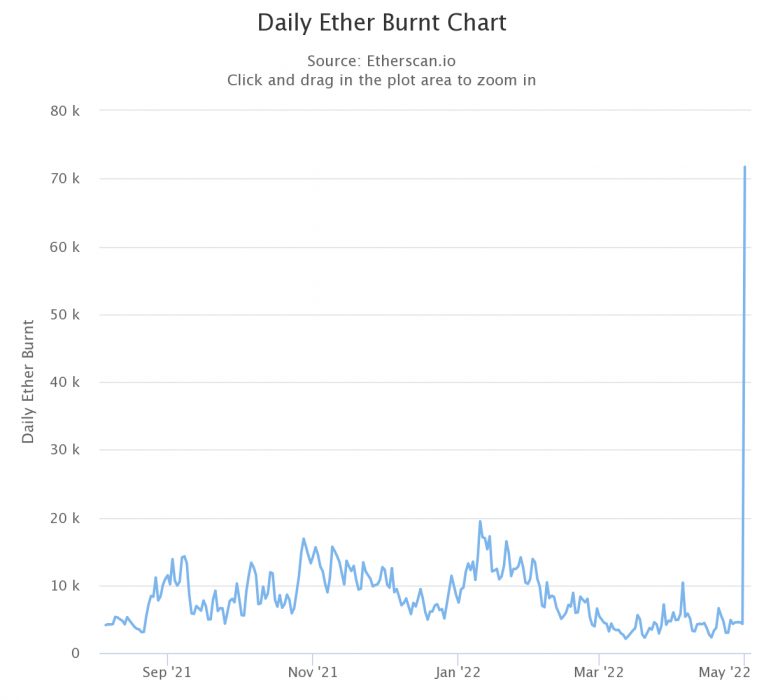Nubank, Brazil’s biggest digital bank by market volume, now allows customers to buy and sell bitcoin and ethereum on its Paxos-supported trading platform, as per a May 11 announcement.
The fintech will allocate one percent of its equity to bitcoin through its parent company, Nu Holdings Inc, which is listed on the New York Stock Exchange. Nubank said the move seeks to “strengthen the company’s conviction in the current and future potential of bitcoin in disrupting financial services”.
Deal Gives BTC Exposure to Warren Buffett
Nubank’s treasury allocation to bitcoin gives indirect BTC exposure to old-school investor and Bitcoin critic Warren Buffett, chairman and CEO of Berkshire Hathaway. The US holding company reportedly invested US$500 million in Nubank in June 2021, acquired 30 million shares for another $250 million as it went public in December, and recently doubled-down with a $1 billion investment in Brazilian fintech.
According to Paxos, users will be able to buy and sell crypto with Brazilian reals, but initially won’t be able to withdraw or deposit crypto. Until now, Nubank allowed users to invest in crypto only through exchange-traded funds available through its investment unit, NuInvest.
Brazil Experiencing Major Crypto Adoption Growth
Last month, Brazil edged closer to a regulatory framework for cryptocurrencies and along with neighbouring South American country Peru is looking to introduce a CBDC this year. And in March, Coinbase was reportedly on the verge of closing a deal to acquire 2TM, owner of Mercado Bitcoin, Brazil’s largest cryptocurrency exchange.
There is no doubt that crypto is a growing trend in Latin America, one that we have been following closely and believe will have a transformational impact on the region. Yet the trading experience is still very niche as customers either lack information to feel confident to enter this new market or just get frustrated by complex experiences.
David Vélez, CEO and co-founder, Nubank
In general, Brazil is experiencing major crypto adoption growth. Between January and November of 2021, locals reportedly traded US$11.4 billion in stablecoins, almost triple the amount traded the previous year.
In his capacity as Nubank boss, Vélez is clearly intent on demystifying crypto trading for the average Brazilian bank customer.




